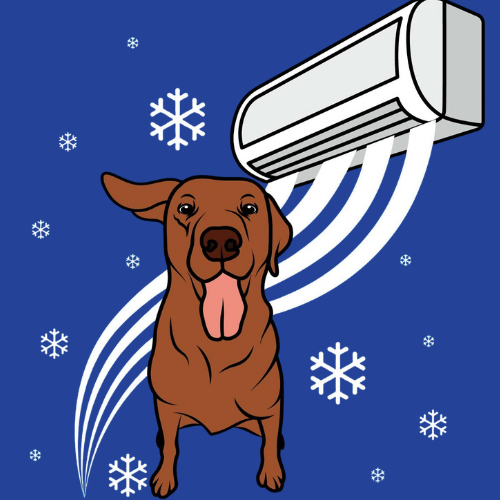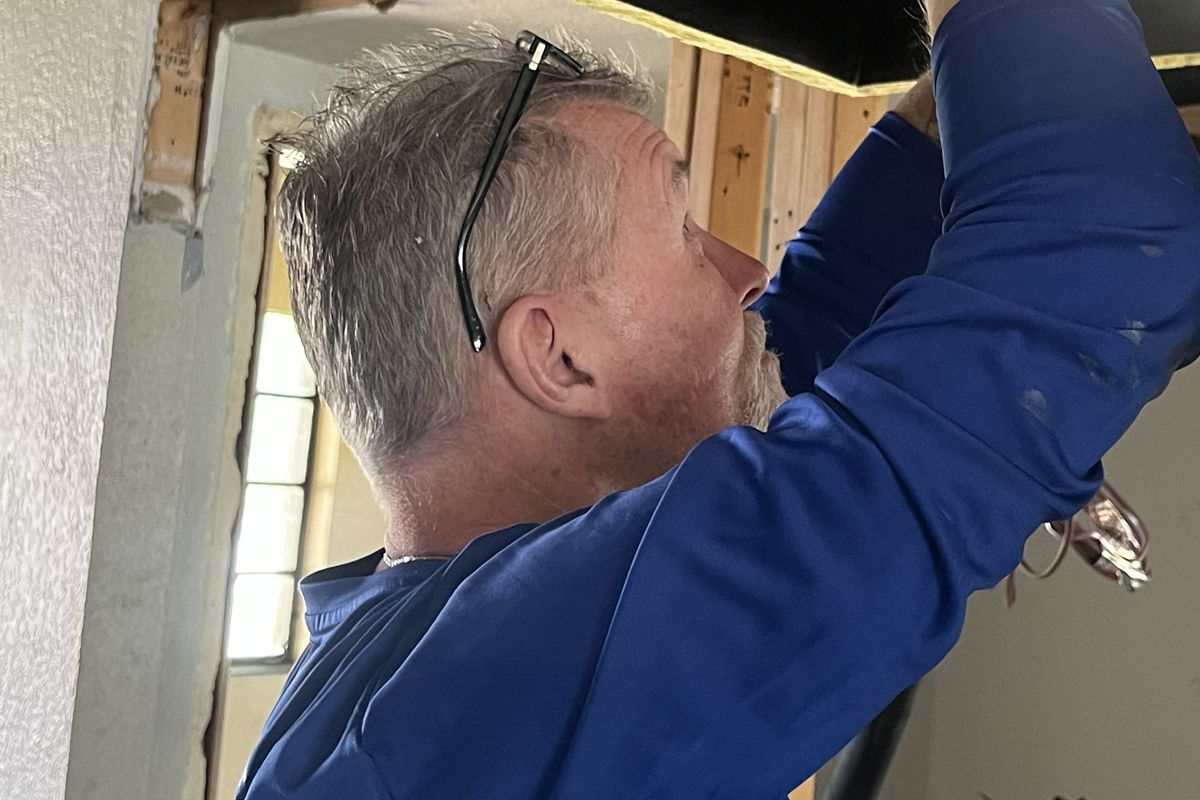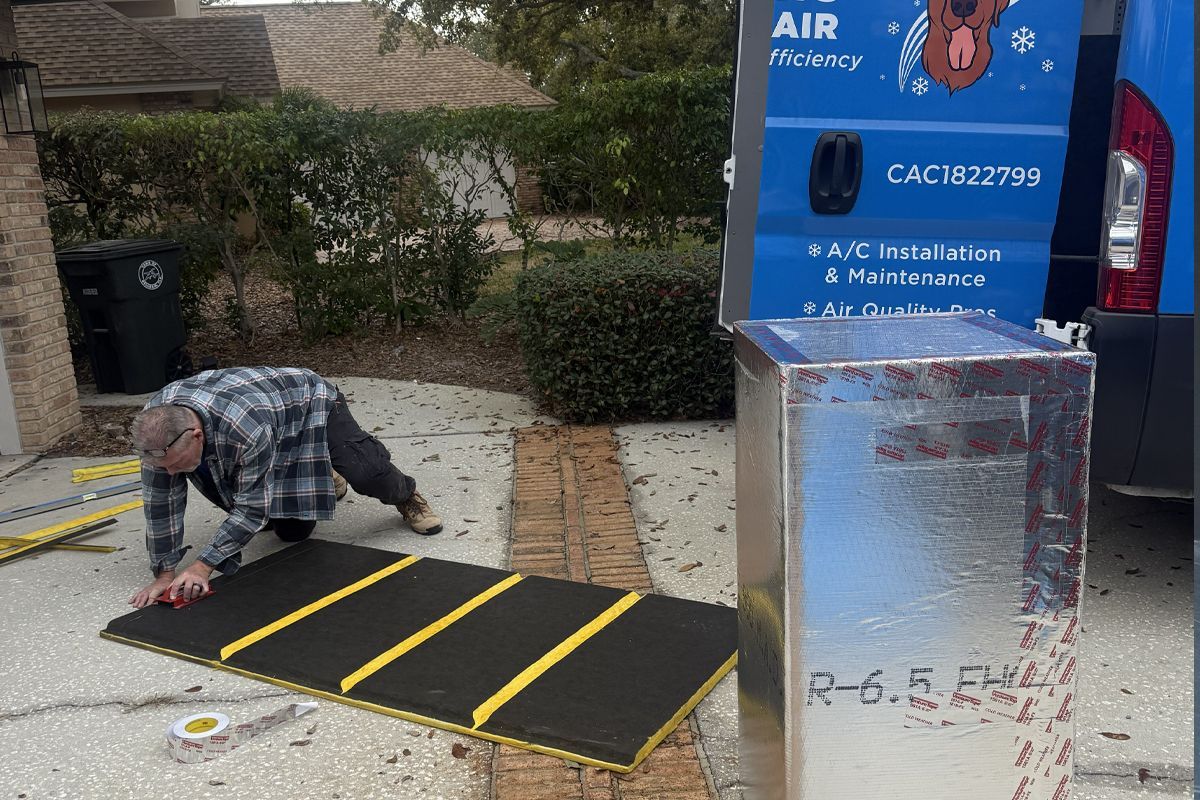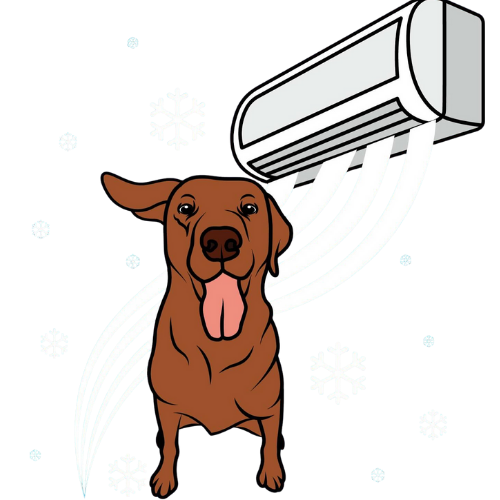Should I Repair or Replace My AC Unit Before Summer?
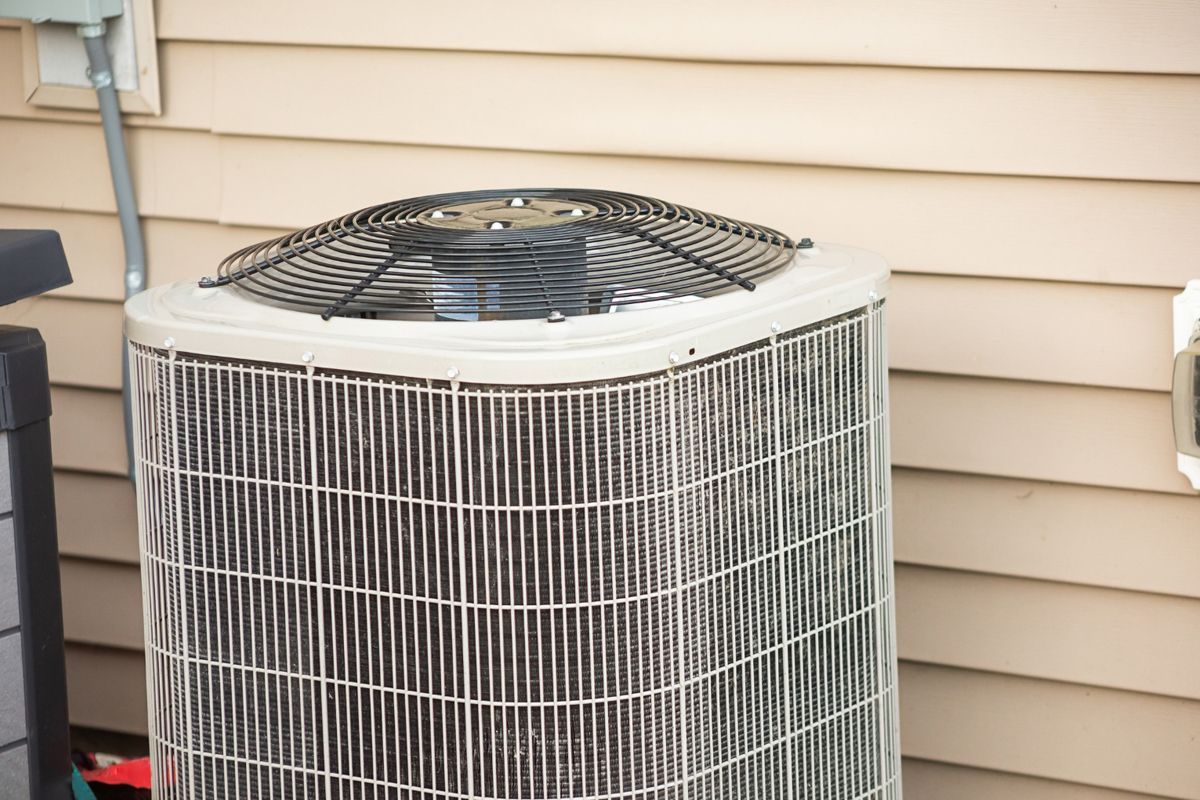
As summer approaches in Pinellas County, homeowners rely on their air conditioning more than ever. If your AC unit is showing signs of wear, the big question is whether to invest in repairs or replace the system altogether. The right decision can save you money, improve comfort, and prevent stressful breakdowns during Florida’s hottest months.
Signs Your AC May Still Be Worth Repairing
In many cases, a well-timed repair can extend the life of your system and restore reliable cooling. Here are situations where repair often makes sense:
- Age of the System: If your AC is less than 8–10 years old and has been regularly maintained, repairing may be the most cost-effective option.
- Minor Issues: Problems like clogged drain lines, faulty thermostats, or capacitor replacements are inexpensive and can restore full performance quickly.
- Good Efficiency: If your energy bills haven’t spiked significantly and your home is still cooling evenly, repairs may be all you need.
When Replacement Is the Smarter Choice
Sometimes putting money into an older system is just throwing good money after bad. Consider replacement if:
- The System Is 10–15+ Years Old: Florida’s heavy AC use means units wear out faster here than in cooler climates.
- Frequent Repairs Are Needed: If you’ve called for service more than once or twice in the past year, replacement often provides better long-term value.
- High Energy Bills: Older AC units operate with lower SEER ratings, which means they consume far more electricity than today’s high-efficiency systems.
- Inconsistent Comfort: Hot spots in certain rooms or excessive humidity inside are signs the system is no longer performing as designed.
Real Example: A homeowner in Seminole, FL faced two repair calls within six months for a 14-year-old AC unit. Instead of another temporary fix, they invested in a high-efficiency replacement. The new system lowered their monthly electric bill by 25% and provided noticeably better dehumidification.
The Cost Factor: Repair vs. Replace
A common rule of thumb in the HVAC industry is the “$5,000 Rule.” Multiply the system’s age by the cost of the repair. If the result is more than $5,000, replacement is usually the better option.
Example: A 12-year-old unit with a $600 repair estimate equals $7,200. In this case, replacement makes more financial sense.
Preparing for Summer in Pinellas County
With Florida’s heat and humidity, an unexpected AC breakdown can be more than an inconvenience, it can make your home unsafe. Scheduling a professional inspection before summer helps determine whether your unit is a candidate for repair or if upgrading to a new system is the smarter long-term choice.
Deciding whether to repair or replace your AC unit comes down to the system’s age, efficiency, and repair history. In many cases, a quick repair will keep you comfortable. But if your unit is older, inefficient, or facing repeated problems, replacement before summer can save money and stress.
At Williams Air Solutions, we specialize in helping Pinellas County homeowners make the right choice. Our technicians provide honest recommendations, detailed cost comparisons, and expert installations tailored to Florida’s climate.
Contact us today to schedule your pre-summer AC inspection and find out whether repair or replacement is the best solution for your home. Stop worrying about your HVAC system and start enjoying reliable comfort. Call (727) 353-0090 now to book your service.

